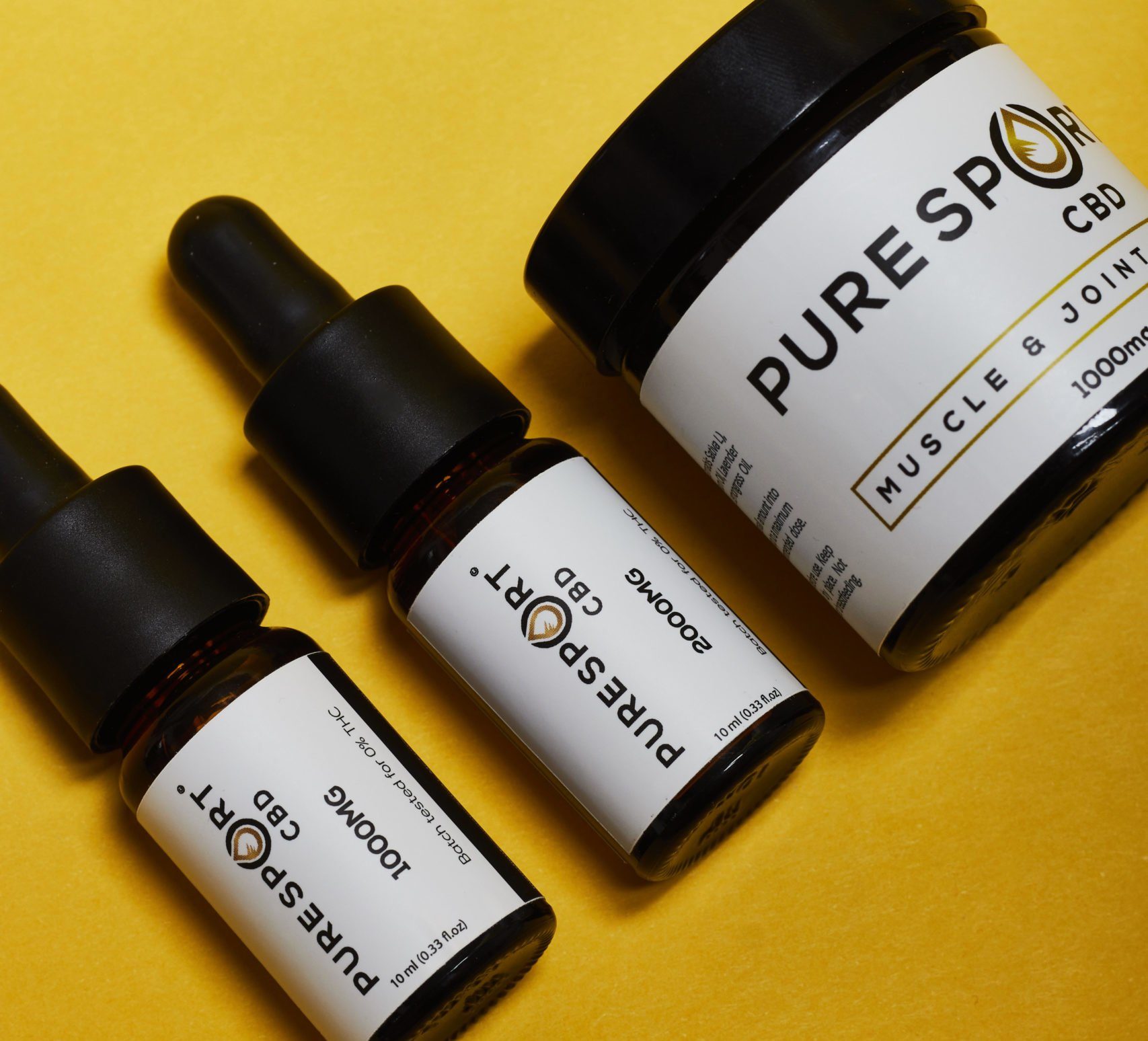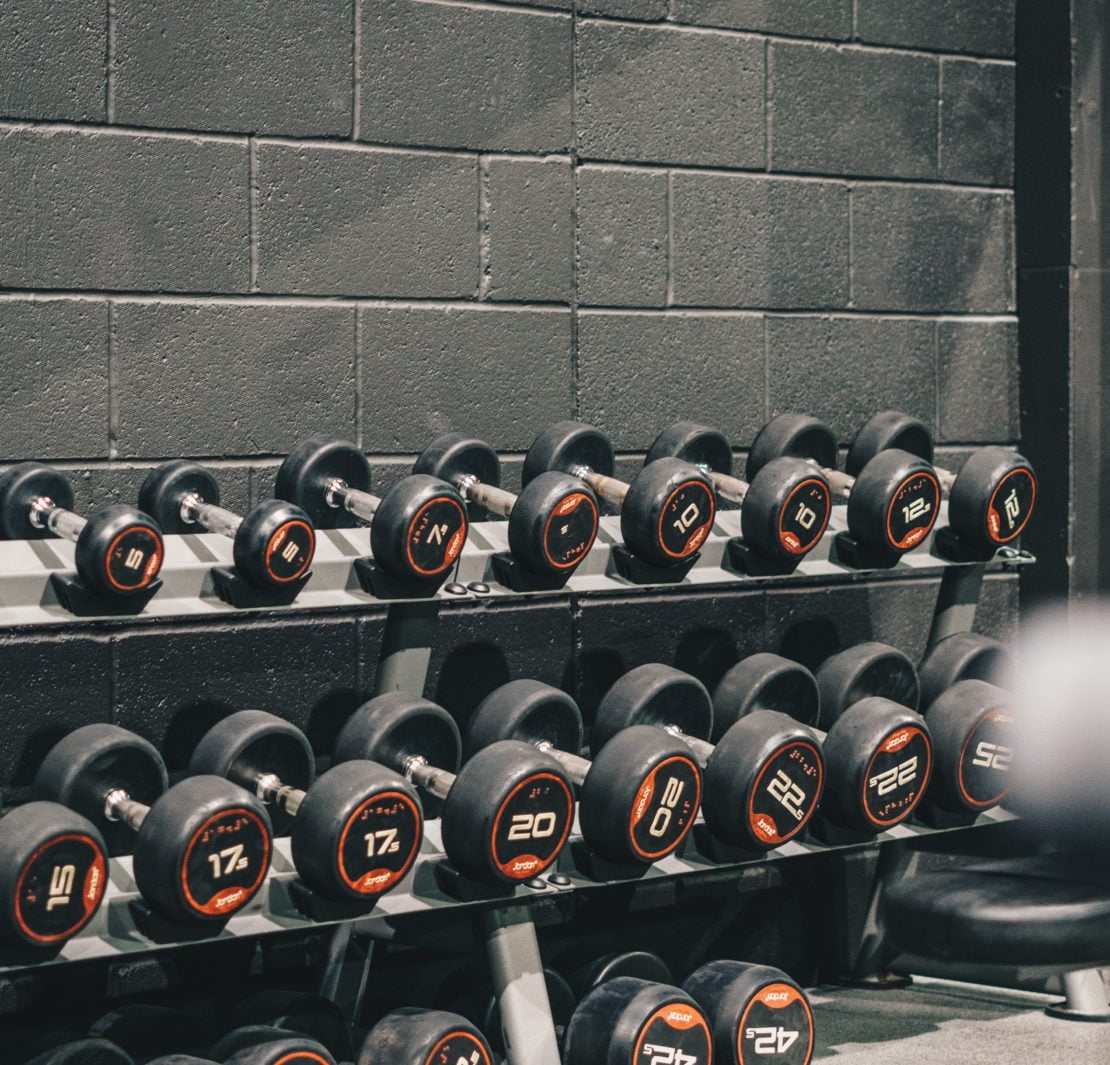Last Updated on September 30, 2022 by Jamie
Sports supplements! What’s the use?
These are not your usual supplements for your daily dietary intake; these are supplements specifically designed to help you reach your athletic goals.
They are clearly here to stay and are a part of how we train, exercise, and work out. But despite their evident reach and acceptance, a lot of people are still not sure whether this billion-dollar industry is the world’s biggest scam or if these supplements are the real thing.
Let’s learn more about sport supplements and whether they are worth your time.
What is a Sports Supplement?
Let’s start with the basics: just what are sport supplements?
Simply put, sports supplements are powders, drinks, capsules, bars, or pills used to build muscle, improve endurance, and lose weight. They are considered to be an addition to an already wholesome diet.
Athletes or active adults have different dietary requirements than, say, someone with a sedentary lifestyle. Therefore, supplements are used to achieve individual fitness objectives, improve athletic performances, cater to nutrient deficiencies, and generally meet nutritional needs.
What Science Says About Sports Supplements?
So, does science support the use of sport supplements? Let’s take a look.
An international survey was carried out to find the prevalence of the use of supplements among athletes. It was found that two-thirds of 3,887 adolescent and adult, field and track athletes used one or possibly more diet-related supplements.
They contained cocktails of ingredients like creatine, caffeine, amino acids, vitamins, and mineral salts. Similar studies have been carried out in colleges all over the country and have found the statistic remains the same at around 66%.
According to the Academy of Nutrition and Dietetics (AND), American College of Sports Medicine (ACSM), and Dietitians of Canada (DoC), the scientific community supports the use of a couple of dietary supplements that are aimed at ergogenic benefits.
The Scientific Classification of Supplements
Scientific research has continued to look into supplements, uncovering inaccuracies and flaws. Given the apparent need, The International Society of Sports Nutrition (ISSN) came up with a classification for these supplements:
1. Apparently Effective
These are sports supplements that a majority of research has shown to be effective and safe
2. Possibly Effective
These are substances while initial studies have found them to be okay, more research is needed to determine their effects on athletic performance and training conclusively
3. Too early to tell
The theory behind these supplements makes sense; however, there aren’t enough sufficient findings to justify their use
4. Apparently Ineffective
Scientific research has been done, and the scientific evidence proves these supplements to be ineffective or unsafe.
What are Some Popular Sports Supplements?
There are a lot of sports supplements being put out on the market. The most common and proven ones include:
- Creatine
Have you wondered how come when doing reps of 10, the last ones seem almost impossible to finish? It’s because of the creatine factor.
Your body naturally generates its creatine reserves. These are then used up when you’re doing short bouts of high-intensity exercise. This is where creatine supplement come in handy. It boosts your creatine levels, allowing you to achieve your goals easily.
Creatine is considered safe to use. Some people choose to prescribe themselves a heftier dose for the debut week – around four daily helpings of 5 grams each – this ‘packs’ their muscles ready to take on intensive activities. Later on, they drop this amount to a more moderate helping of 2 grams. Other people skip the packing phase and begin with the 2-gram dose.
- Amino acids
These are protein’s building blocks. The branched-chain amino acids are the ones that muscles use to build up energy levels. Some of these include glutamine, citrulline, leucine, cysteine, glutathione, and arginine. Athletes consume these supplements in the form of gels, tablets, or drink powders.
- Whey proteins
Much like amino acids, many active adults and athletes take whey proteins to reduce muscle damage and improve growth. They are usually taken in the form of shakes after workouts. To reap maximum benefits from the whey protein shake, it is advisable to take it at least half an hour after completing your exercise session.
- Beta-alanine
Have you ever noticed how ‘you feel the burn ’after short bouts of extreme effort, like when cycling or running? This is because of the chemical compound called lactic acid. Your body excretes this acid in small amounts naturally, but the rate of production increases when conducting intense activities.
For this reason, athletes take beta-alanine to neutralise the burning sensation; this way, they have enough reserves of resolve to finish their exercise sessions. A study on cyclists and runners showed that subjects who took this supplement consecutively for four weeks noticed a significant improvement in their game.
- Caffeine
Caffeine is well known for its stimulating nature. While you might take it with your morning coffee to get that much-needed boost during groggy mornings, it can also significantly improve your game while on the fields on the gym.
Caffeine is known to boost endurance when taken half an hour before a game or race. During long competitions like marathons, taking some caffeine in the middle of the event will also give you a power-up once it kicks in.
Together with improving endurance, cyclists, soccer players, rowers, tennis players, and other sports professionals report increased alertness and energy. Some recent studies have alluded that caffeine can also help with soreness after working out or after a sporting event.
Aside from its most consumed form, coffee, athletic personalities can get a dose of this stimulant through energy drinks or shots, chewing gum, tablets, sport sprays, and gels. As each of these sources has varying quantities of this stimulant in them, you should read the fine print before using any of them to avoid overdoing things.
Conclusion
While certain sports supplements’ effectiveness isn’t 100% proven, gains and improvements in overall athletic performance is a sure thing!
To ensure you’re operating at peak levels, make sure to take these supplements while training well, eating a healthy diet and generally having a good night’s rest.







